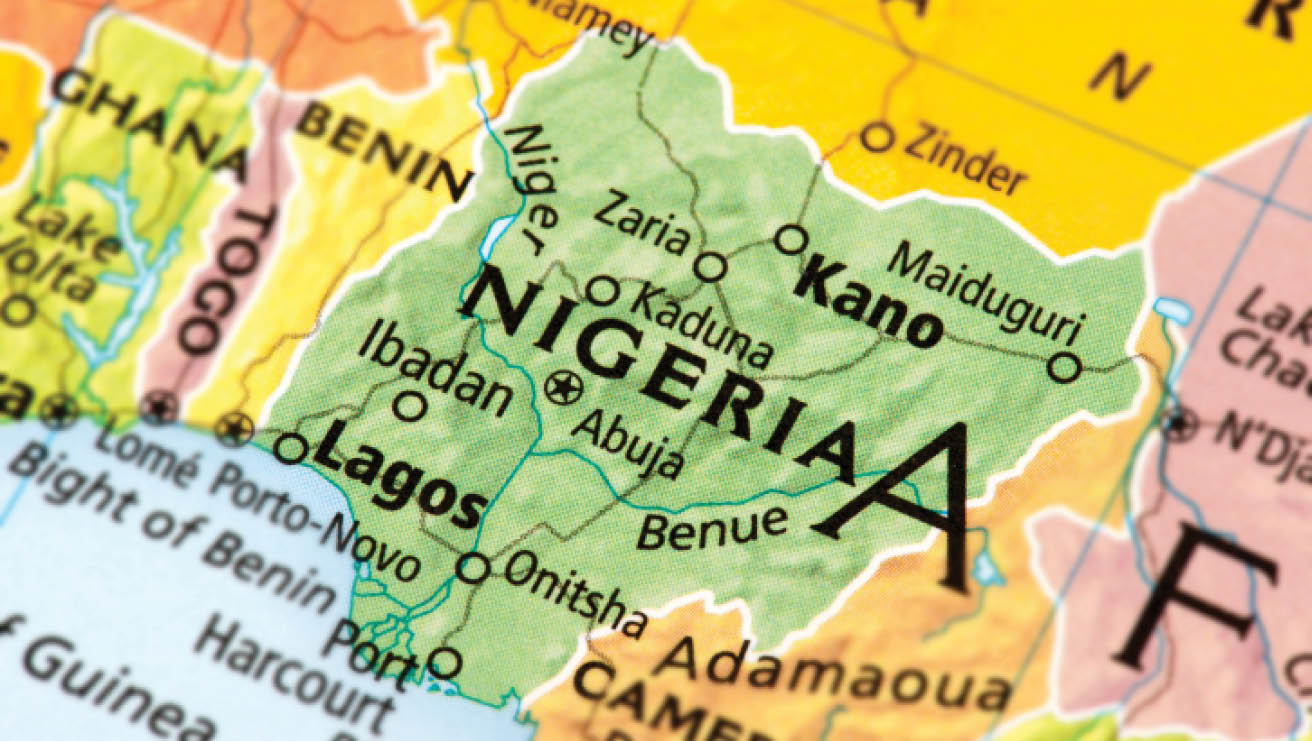Bridging Nigeria’s welding skills gap
Nigeria requires a lot of competent welders in multi process welding, quality control assurance and also in welding design, fitting and machining operations to mention but a few. One of the surest ways for our youths to engage in legal migration is to acquire skills of which welding skill is one of the most important […]

nigerian map
Nigeria requires a lot of competent welders in multi process welding, quality control assurance and also in welding design, fitting and machining operations to mention but a few.
One of the surest ways for our youths to engage in legal migration is to acquire skills of which welding skill is one of the most important skills in the range of skills.
In 2006, the Norwegian government, in collaboration with Shell and NNPC, did a survey of skills gap in the oil and gas industry and concluded that there was a critical gap of about 2, 600 competent welders that must be filled in order to grow the indigenous participation in the oil and gas operations.
It was therefore resolved to partner with the Petroleum Trust Development Fund (PTDF) to implement this project. It was at this point NNPC Nigerian Content division involved the Nigerian Institute of Welding (NIW), who are the representative of International Institute of Welding (IIW) in Nigeria.
- NIGERIA DAILY: Did AFCON Really Unite Nigerians?
- Sanusi: Tinubu shouldn’t be blamed for Nigeria’s economic hardship
To kickstart this a pilot scheme of training of 100 persons in welding was initiated to be supervised by NIW and conducted at the Petroleum Training Institute.
NIW involved the Southern African Institute of Welding (SAIW) who had been asked to midwife NIW by IIW. This pilot scheme also revealed that there was huge gap in the area of trainers and thus the then President Musa Yar’ Adua approved for PTDF to undertake the exercise of Train-the-Trainer.
With the Train-the-Trainer exercise concluded, PTDF working with NIW, began the training of Nigerians selected across the states in various welding skills and was conducted in South Africa and Turkey while the underwater welding training was conducted in Marseille, France.
The welding training was conducted in two batches of 500 and 700 respectively, making a total of 1, 200 trained to the level of structural and pipe welding in Shielded Metal Arc welding. Thereafter, a total of 130 persons were trained in multi process welding comprising of Tungsteen inert gas welding (TIG), Metal Inert gas welding (MIG), Metal Active gas welding (MAG) Flux Core welding (FCW) and Oxy-Fuel Welding. This programme took place between 2010 and 2016.
Most of the PTDF/NIW trained welding personnel are today working in various countries: The United Kingdom, Kuwait, Saudi Arabia, South Korea and all over Nigeria.
At the end of 2016, the mandate by federal government was not fully implemented, only 1, 200 was achieved. Unfortunately, this programme was stopped in 2016 by the then leadership of the PTDF. It rather introduced another programme – Overseas Scholarship Scheme.
With the rising pace of construction work in the oil and gas industry, the Dangote Refinery claims it needs over 10, 000 welders but cannot find competent ones in Nigeria to make the number. There is the proposed ethanol plant being planned by the federal government, construction of modular refineries, and recently, the Minister of Innovation, Science and Technology informed the public of the ministry’s plan to construct one centre of excellence for welding engineering and related fields in each geopolitical zone of Nigeria,
A lot of welding personnel will be required. Interestingly, the time the programme was stopped was the time the awareness for welding was coming to the northern part of the country.
Recently, Canada opened up an immigrant route which they call skilled migrants and of the five skills listed, welding was number one.
It is therefore difficult to understand why PTDF, under the watch of Ahmad Galadima as Acting Executive Secretary, should stop such a program and concentrate on overseas scholarship programme for the training of masters and doctoral degrees who at the end do not even return to the country and when they do, it barely adds value to the economy.
It is expected that the federal government will look into this ugly situation and prevail on PTDF to do the needful.
Mohammed Almustapha wrote from Abuja
